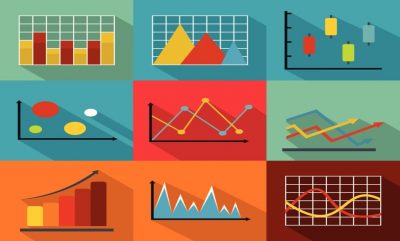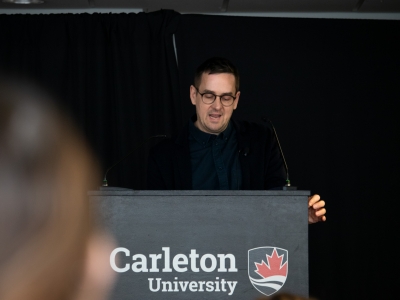
Economic policies are one of the most important tools for influencing decision-making of individuals, households and businesses and for achieving either desired or better economic outcomes.
Economic policies are ubiquitous. Be it enhancing innovation and R&D, investments in infrastructure, encouraging business dynamism, providing unemployment benefits, taxing pollution, regulating market power, setting minimum wage, determining insurance contracts, designing trade agreements, providing health care and social services, ensuring food security, maintaining financial stability, controlling inflation, confronting income inequality or promoting inclusive economic growth and development, economic policies are at play.
Whether in normal times or during a crisis such as the current pandemic, economic policy decisions have profound effects on the functioning of the economy. Understanding how economic policy is formulated, designed and implemented is crucial in this context in both domestic and international arenas.
Economic frameworks and analyses help us understand the effects of policies and in deciding which ones should be implemented to maximize the wellbeing of the society in general. They also allow us to rethink, refine and improve these policies over time.
Economic Policy Program
The Department of Economics within the Faculty of Public Affairs will welcome its first cohort in the Graduate Diploma in Economic Policy in Fall 2021. Department Chair Hashmat Khan says, “We are the first Canadian university to offer this unique program. Students will learn about new policy insights, data sets and methodologies that are brought together to improve our understanding of the economy and how economic policy can influence outcomes.”
Students in the program will learn about new and emerging policy insights, frameworks and evidence-based economic policy design and the policy-making process. Faculty members engaged in policy-oriented research and experienced guest speakers from government and public organizations will be involved in teaching the courses.
The part-time program is designed to be completed over two semesters. Students already enrolled in graduate degree programs at Carleton can earn the graduate diploma alongside their degree. Those currently working in the field of economic policy or anyone with a first-year, university-level educational background in economics can complement their careers by taking the program while continuing to work.
Experiential learning is a key part of the program. Applied research projects, that bring together economic frameworks and data, will give students the opportunity to apply basic skills and techniques and use policy models as a lens to study current world problems along with the ability to engage in contemporary economic policy debates.
Graduates who go on to work in public-sector agencies, nonprofit institutions, international organizations, NGOs and finance ministries will be able to apply the knowledge and analytical skills they will develop in the program to influence decisions that directly impact society.
Admissions information for the Graduate Diploma, Economic Policy
Tuesday, February 9, 2021 in Department of Economics, Economic Policy, News
Share: Twitter, Facebook



